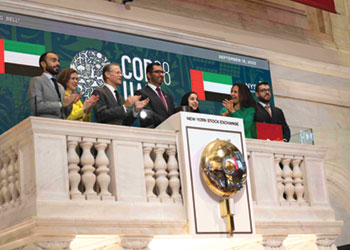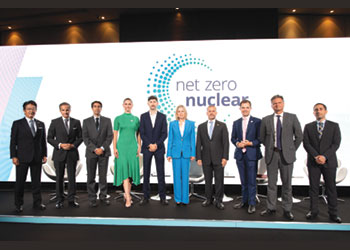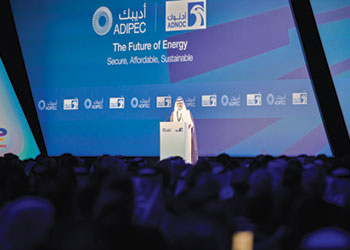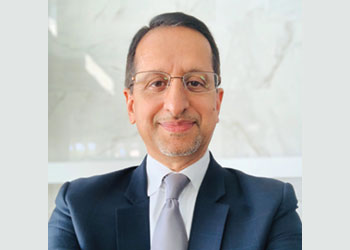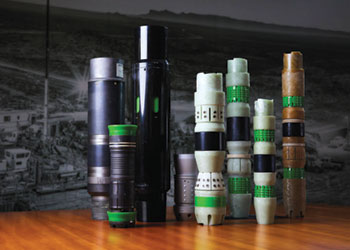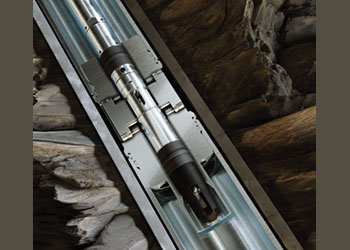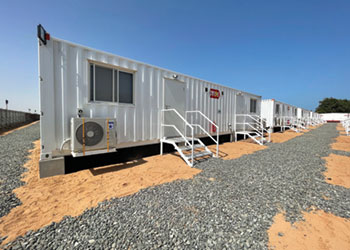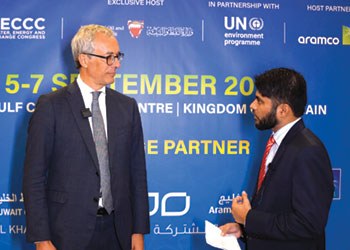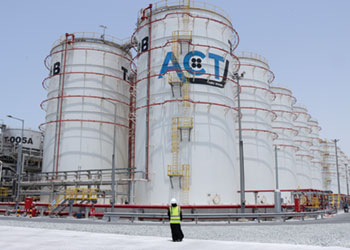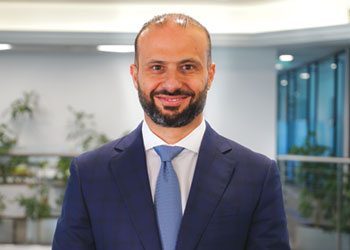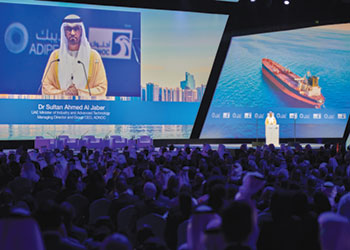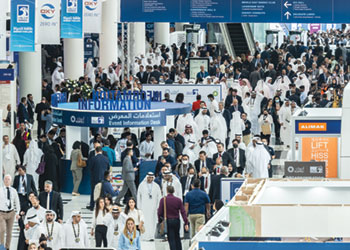
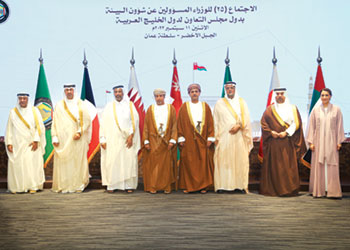 The GCC is united in its climate goals
The GCC is united in its climate goals
The Kigali Amendment will help curb up to 0.4 deg C of global warming while continuing to protect the ozone layer thus contributing to the goals of the Paris Agreement
The GCC countries have reached a consensus on proceeding with the ratification of the Kigali Amendment to the Montreal Protocol on Substances that Deplete the Ozone Layer, including hydrofluorocarbons (HFCs).
This came during the 25th meeting of the GCC Committee of the ministers responsible for climate and environment affairs. The meeting was hosted by the Sultanate of Oman in Al Jabal Al Akhdar, Al Dakhiliyah Governorate.
The Kigali Amendment will help curb up to 0.4 deg C of global warming in this century while continuing to protect the ozone layer. The amendment will substantively contribute to the goals of the Paris Agreement.
While HFCs themselves do not deplete the ozone layer, they are extremely potent greenhouse gases with global warming potentials that can be three times higher than carbon dioxide.
HFCs are organic compounds frequently used as refrigerants in air conditioners and other devices as alternatives to ozone-depleting substances controlled under the Montreal Protocol.
At the meeting, Mariam bint Mohammed Almheiri, UAE Minister of Climate Change and Environment said: "The phase-out of HFCs is one of the most important topics we have been discussing over the past years and to reach a consensus. Our cooperation has yielded results, and the UAE applauds the agreement to ratify the Kigali Amendment to the Montreal Protocol. The UAE also hopes to work to speed up the ratification process with the GCC nations."
The meeting also highlighted the need to develop an international legally binding instrument on plastic pollution, as well as the Convention on the Conservation of Wildlife and their Natural Habitats in the GCC countries, the 16th Conference of the Parties to the United Nations Convention to Combat Desertification, and how to strengthen cooperation between the GCC countries and other nations.
Some of the several resolutions at the meeting included:
• Assign specialised committees to measure the implementation of the environmental guidelines by all GCC member states.
• Promoting collaboration with the General Secretariat to share initiatives in combating climate change, and to highlight them at the General Secretariat's pavilion at COP28.
• Confirm participation by the GCC nations and the General Secretariat at the Convention on International Trade in Endangered Species of Wild Fauna and Flora (CITES) in Geneva.
• Development of a Gulf Environmental Index.
• Support Saudi Arabia in hosting the UN Convention to Combat Desertification in 2024.





















































































